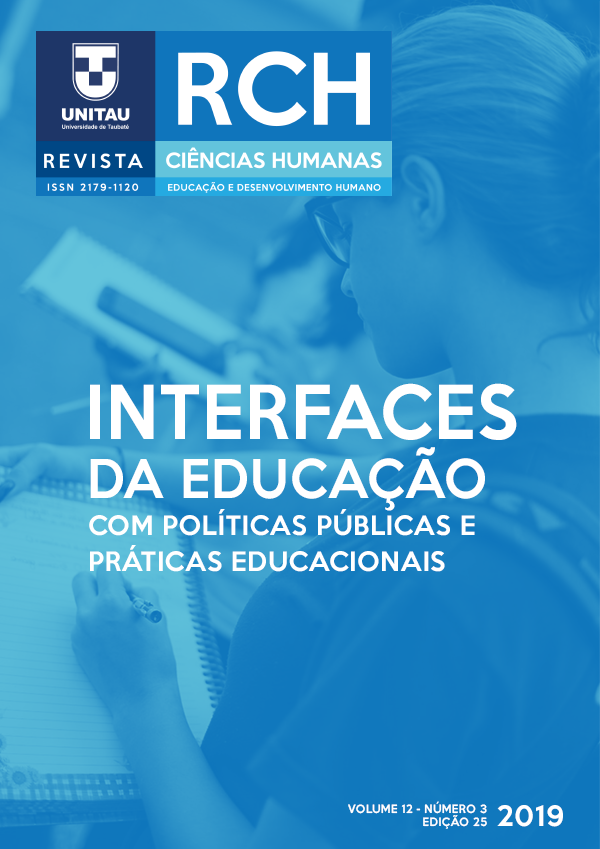INTERVENÇÃO PARA O DESENVOLVIMENTO DA CRIATIVIDADE DE ESTUDANTES DE ENGENHARIA
DOI:
https://doi.org/10.32813/2179-1120.2019.v12.n3.a484Abstract
Estudos apontam que os cursos de engenharia precisam enfrentar muitos desafios para oferecer uma preparação profissional condizente com as expectativas do mundo do trabalho. Dentre esses desafios, encontra-se a necessidade de promover condições mais favoráveis para o desenvolvimento da criatividade dos estudantes. A criatividade é uma habilidade importante para a resolução de problemas e vem sendo cada vez mais valorizada no perfil de um profissional. Assim, esta pesquisa teve como objetivos: (a) analisar barreiras à criatividade pessoal de universitários de engenharia; e (b) propor uma intervenção, que contemple as necessidades da população-alvo, para o desenvolvimento da expressão da criatividade. A amostra foi constituída por 374 estudantes de engenharia. Foi aplicado o Inventário de Barreiras à Criatividade Pessoal. Os resultados relacionados às barreiras à criatividade foram analisados estatisticamente segundo medidas de tendência central (moda). Os principais resultados apontam que o fator Falta de Motivação foi a barreira mais relatada pelos estudantes de engenharia desta amostra. Com base nesse levantamento de necessidades e na revisão de literatura, a intervenção foi planejada usando como procedimento elementos de jogos, ou seja, atividade lúdica com desafios e combinação de cooperação e competição entre os grupos a fim de promover a motivação no processo de aprendizagem e desenvolver a expressão da criatividade dos universitários de engenharia.Metrics
Downloads
Published
How to Cite
Issue
Section
License
The publications of the Human Sciences Journal are registered under the Creative Commons Attribution CC-BY license.
1. The contents of the manuscripts are the exclusive responsibility of their author.
2. It is allowed the total or partial reproduction of manuscripts published in the journal, provided that the source is cited.
3. When submitting their manuscript to the Journal, the authors certify that they are of their own authorship and unpublished (not published in any digital or printed media).
4. The copyright of the articles published in the Journal are of the author, with first publication rights reserved for this journal.
5. For disclosure purposes, the Journal may replicate the works published in this journal in other media, such as social networks (Facebook, Academia.Edu, etc.).
6. The Journal is of public access, therefore, the authors who submit manuscripts agree that they are of free use.
7. In case of any illegality, fraud, or other attitude that puts in doubt the honesty of the publication, especially the practice of plagiarism, the manuscript will be automatically rejected.
8. If the manuscript has already been published, it will be immediately removed from the base of the Journal, its citation linked to the Journal will be prohibited and the cancellation of the referred publication shall be reported in the next issue of the one in which the article was published. In case of the procedure for the withdrawal of the paper the authors will be informed beforehand, being guaranteed the right to a broad defense.
9. The personal data provided by the authors will be used exclusively for the services provided by this publication and will not be made available for other purposes or to third parties.





